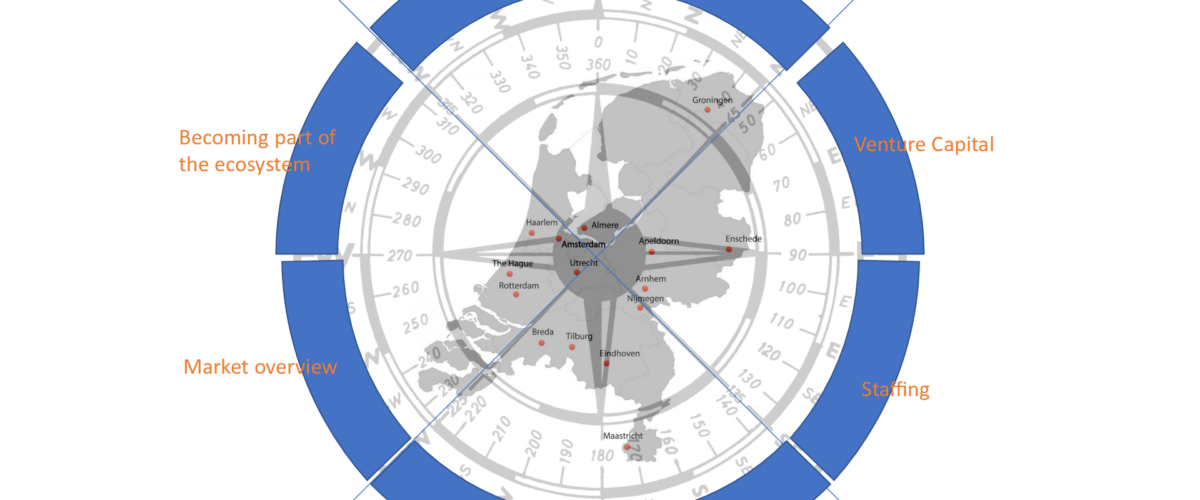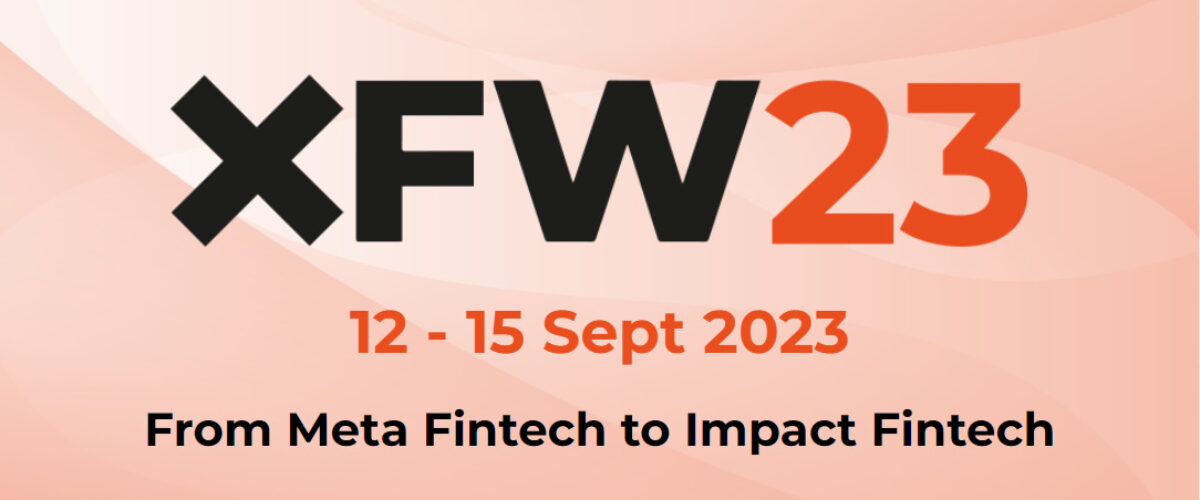The financial transaction landscape is undergoing a significant transformation with the Contingent Reimbursement Model (CRM) in the UK. Introduced in 2019, the CRM code aims to reimburse victims of Authorized Push Payment (APP) fraud. However, as of 2022, 15% of payments remain unreimbursed, prompting the Payment System Regulator (PSR) to initiate a fraud liability shift. This shift places approximately 1,500 additional Payment Service Providers (PSPs) under the regulatory umbrella, making them more responsible for fraud management.
The expanded CRM Code now covers both direct and indirect PSPs, including entities like building societies, credit unions, and payment institutions. These PSPs will share reimbursement costs with a 50/50 split between sending and receiving firms. Key requirements include the implementation of Confirmation of Payee, updated time limits for claims and reimbursements, and clarification on exceptions. These exceptions may include cases of first-party fraud in which customers file false claims or engage in fraudulent chargebacks.
PSPs are proactively taking steps to prepare for the impending changes. They are identifying and eliminating accounts susceptible to mule activity, focusing on fraud detection, and enhancing security measures. These efforts encompass not only monitoring outgoing transactions but also scrutinizing inbound payments. With the liability shift toward financial services, the capability to withhold suspicious payments has become crucial. Should fraud be confirmed, these held funds play a significant role in victim reimbursement, thus relieving the financial burden on PSPs.
The expanded CRM Code is expected to lead to a reduction in APP fraud and bolster confidence in faster payments, providing a competitive edge for compliant entities. PSPs must now prepare, adapt, and strengthen their defenses against APP fraud as the countdown to 2024 has begun. This preparation is vital to mitigate potential increased losses and reputational risks, particularly for those unprepared to meet the new mandates effectively. Read article here.


